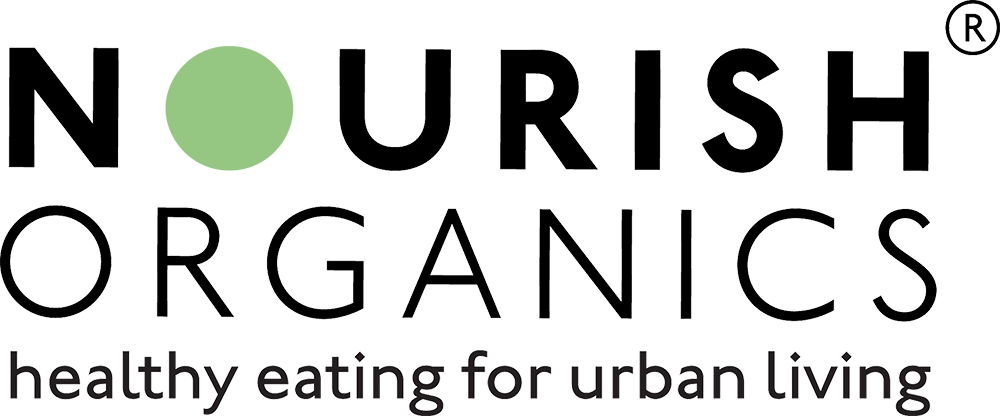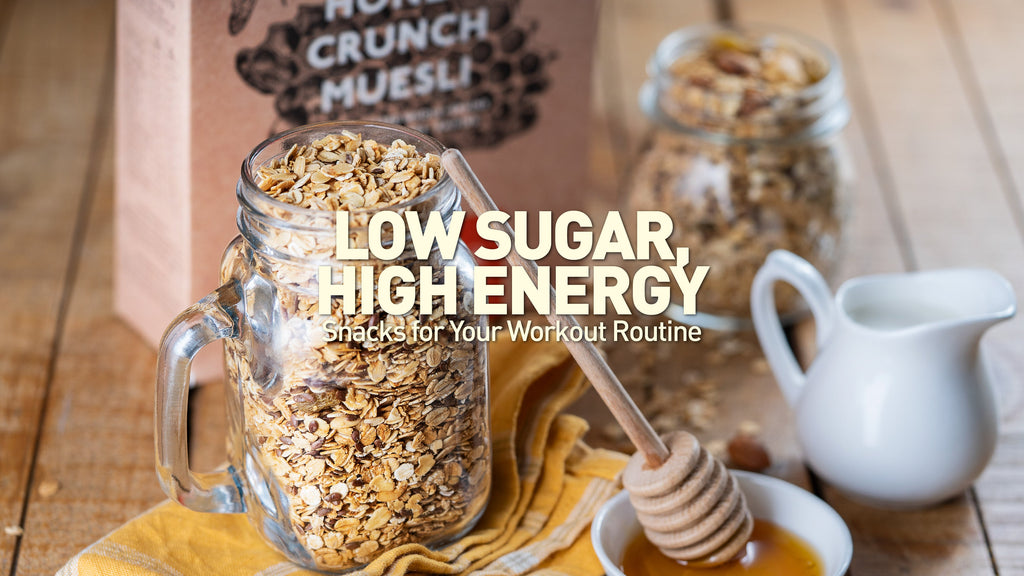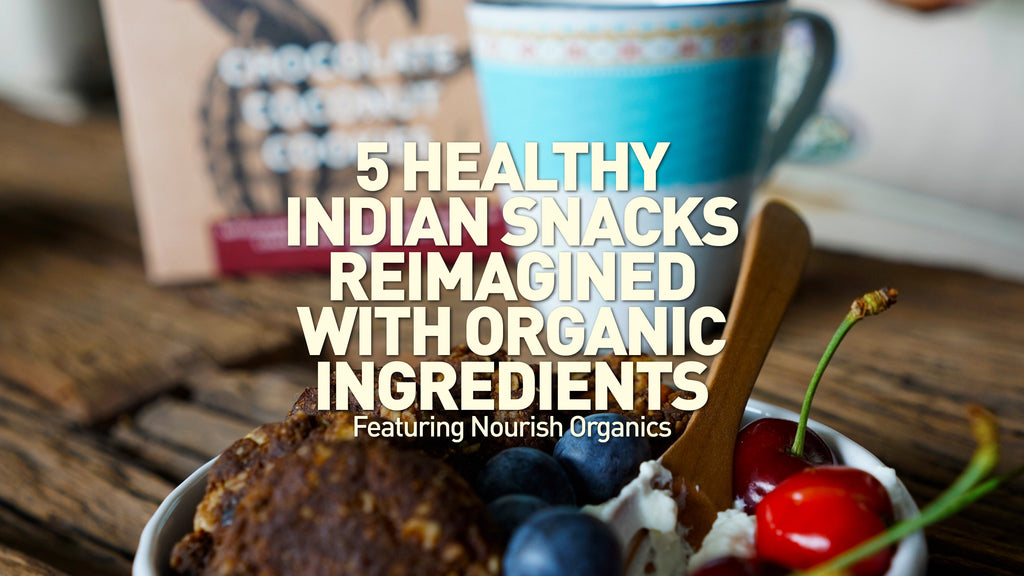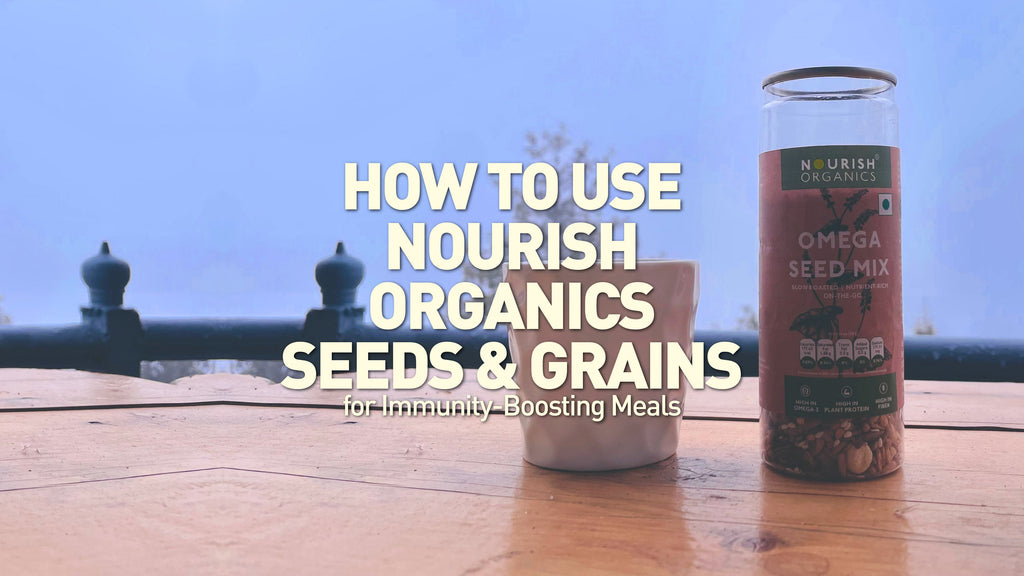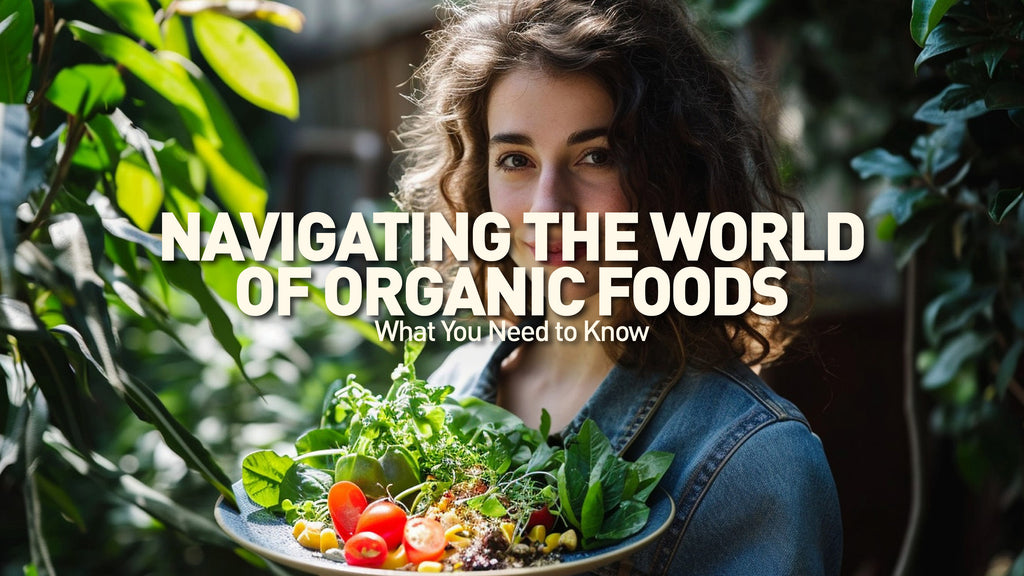
Navigating the World of Organic Foods: What You Need to Know

In recent years, the popularity of organic foods has surged as more people seek healthier and environmentally friendly alternatives to conventional products. However, navigating the world of organic foods can be daunting, with various labels, certifications, and claims vying for your attention. In this blog post, we'll delve into the fundamentals of organic foods, explore the benefits of choosing organic, and provide practical tips for incorporating organic options into your diet.
Understanding Organic Foods:
Organic foods are produced using farming practices that prioritize soil health, biodiversity, and ecological balance while minimizing the use of synthetic pesticides, fertilizers, and genetically modified organisms (GMOs). Organic farming methods promote sustainability, reduce environmental impact, and support animal welfare by prohibiting the use of antibiotics and growth hormones in livestock.
Certifications and Labels:
To ensure the integrity and authenticity of organic products, various certifications and labels are used to distinguish organic foods from conventional ones. In the United States, the USDA Organic seal is the most widely recognized certification for organic foods, indicating that the product meets strict organic standards set by the United States Department of Agriculture (USDA). Look for the USDA Organic seal on food packaging to identify certified organic products.
Benefits of Choosing Organic:
- Healthier Options: Organic foods are often higher in nutrients like vitamins, minerals, and antioxidants compared to their conventional counterparts. They're also free from synthetic pesticides, herbicides, and other potentially harmful chemicals, reducing your exposure to toxins and promoting overall health.
- Environmental Sustainability: Organic farming practices prioritize soil health, water conservation, and biodiversity, promoting sustainable agriculture and minimizing environmental impact. Organic farms also tend to use less energy and produce fewer greenhouse gas emissions compared to conventional farms, making organic foods a more eco-friendly choice.
- Support for Local Farmers: Choosing organic foods supports local farmers and small-scale producers who prioritize sustainable and ethical farming practices. By purchasing organic products from local sources, you're investing in the health of your community and supporting a more resilient and diverse food system.
Practical Tips for Incorporating Organic Foods:
- Start with the Dirty Dozen: The Environmental Working Group (EWG) publishes an annual list of the "Dirty Dozen," which ranks fruits and vegetables with the highest pesticide residues. Prioritize purchasing organic versions of these produce items to reduce your exposure to pesticides and chemicals.
- Shop at Farmers' Markets: Farmers' markets are a great place to find locally grown, organic produce and support small-scale farmers in your community. Look for vendors who are certified organic or practice organic farming methods, and ask questions about their growing practices.
- Read Labels Carefully: When shopping for packaged foods, read labels carefully to identify organic options. Look for the Organic seal and check the ingredients list for organic ingredients. Keep in mind that products labeled as "natural" or "all-natural" may not necessarily be organic, so it's essential to look for the Organic seal for verification.
- Consider Organic Snack Options: Incorporating organic snacks into your diet is a convenient way to enjoy the benefits of organic foods on the go.
Conclusion:
Choosing organic foods is a conscious decision that benefits not only your health but also the environment and local communities. By understanding the fundamentals of organic foods, exploring the benefits of choosing organic, and incorporating practical tips for navigating organic options, you can make informed choices that promote your well-being and support a more sustainable food system. Consider incorporating organic foods into your diet and exploring organic snack options for a delicious and nourishing way to support your health and the planet.









